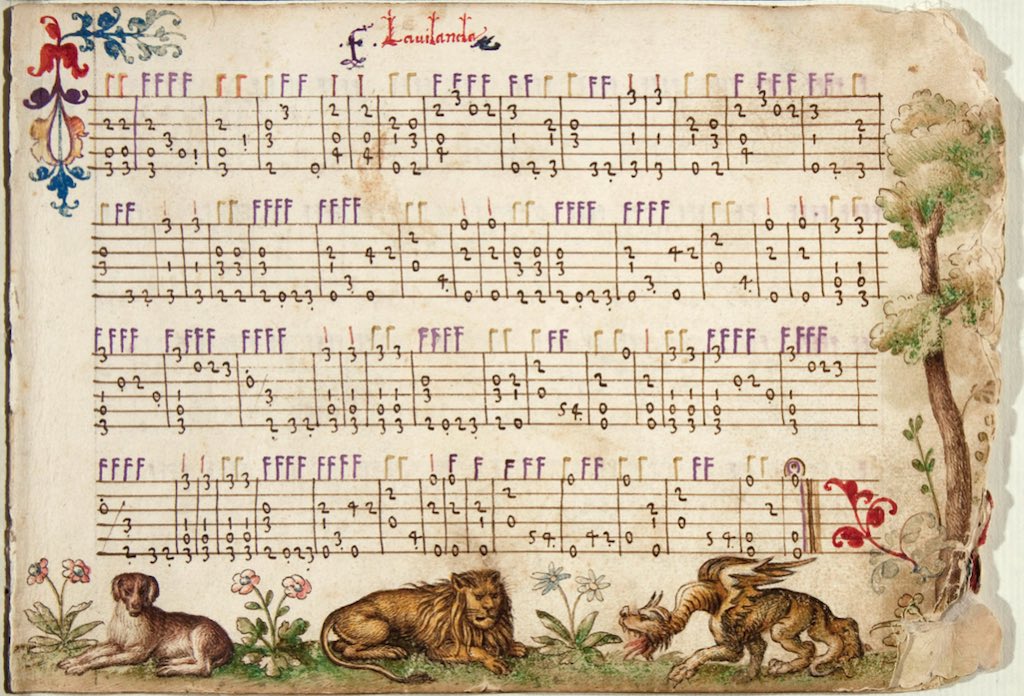
Capirola Lutebook Volume 1: La Vilanela, Balletto, Canto Bello, Gentil Prince by Vincenzo Capirola (1474–c.1548). PDF sheet music arranged for classical guitar. Left hand fingering. Comes with both a fingered edition and unfingered edition. This is a notation edition and fingered for relative lute tuning (3rd string tuned down to F sharp).
My PDF Sheet Music Edition
The Capirola Lutebook was compiled in 1520 by Vitale, a pupil of Capirola who decorated the lutebook with paintings to ensure its survival (see images below). It’s an important source of early 16th century Italian lute music and also contains text on lute technique, ornaments, notation, and notes on performance practice. Many of the works are by Capirola but the lutebook also contains his vocal intabulations. Of the works here, it is likely that La Vilanela and Bella Canto are anonymous intabulations. Balletto’s full title: “Tientalora” Balletto da ballare bello.
The level: Late-intermediate to advanced depending on your tempo and musical maturity. On a basic technique level it is fairly straightforward but in terms of voice connection and performance style it is advanced. YouTube Links: La Vilanela, Balletto, Canto Bello, Gentil Prince.
Video Performances
Samples and Cover
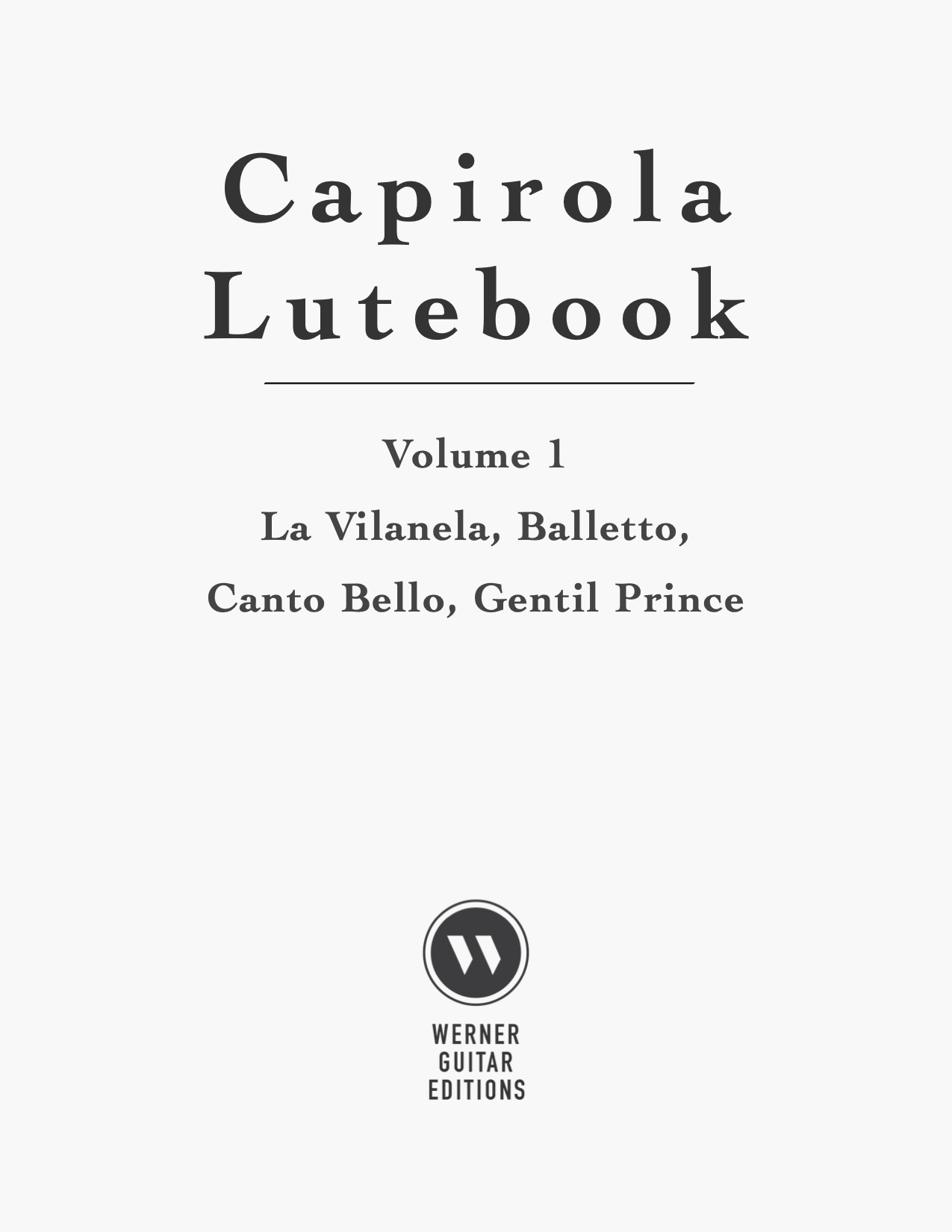
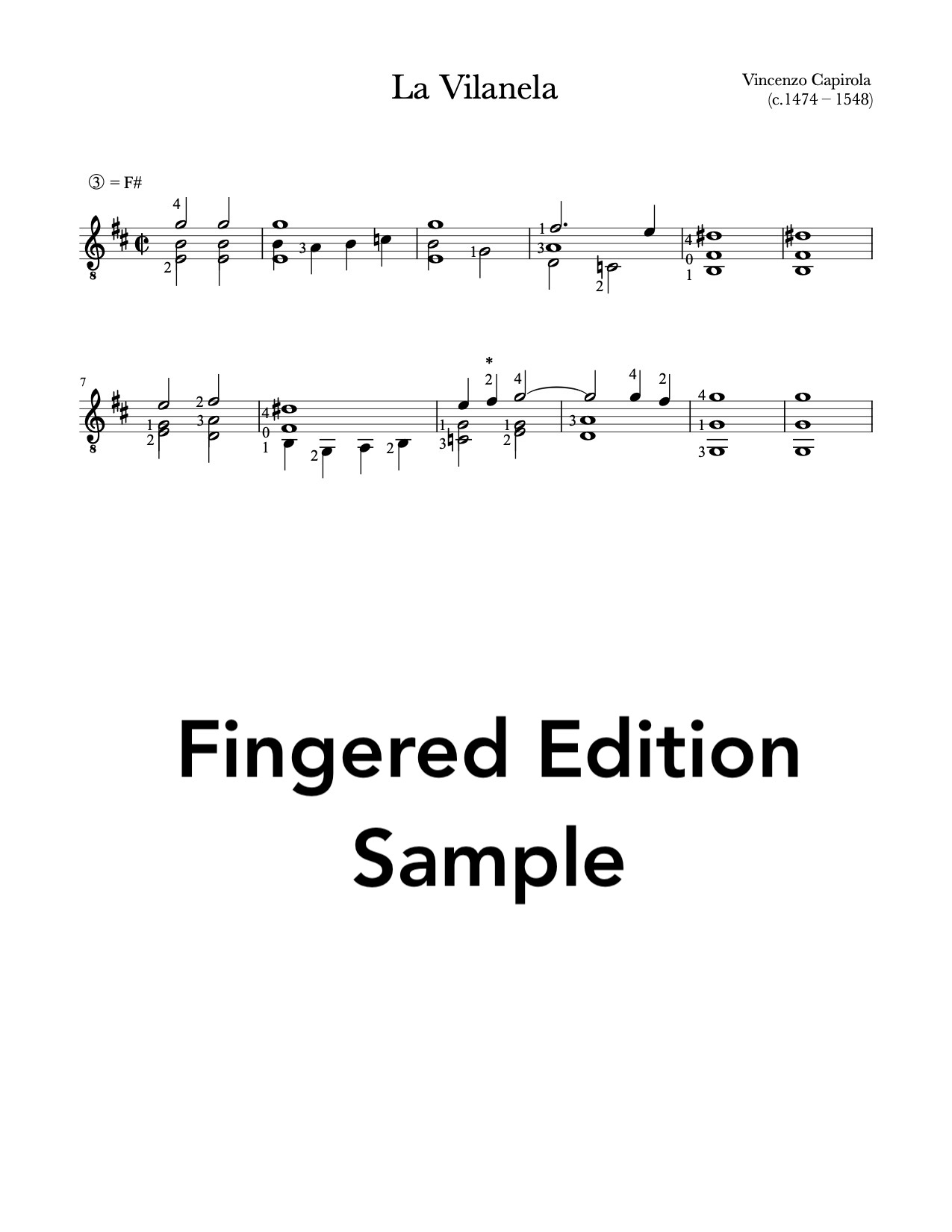
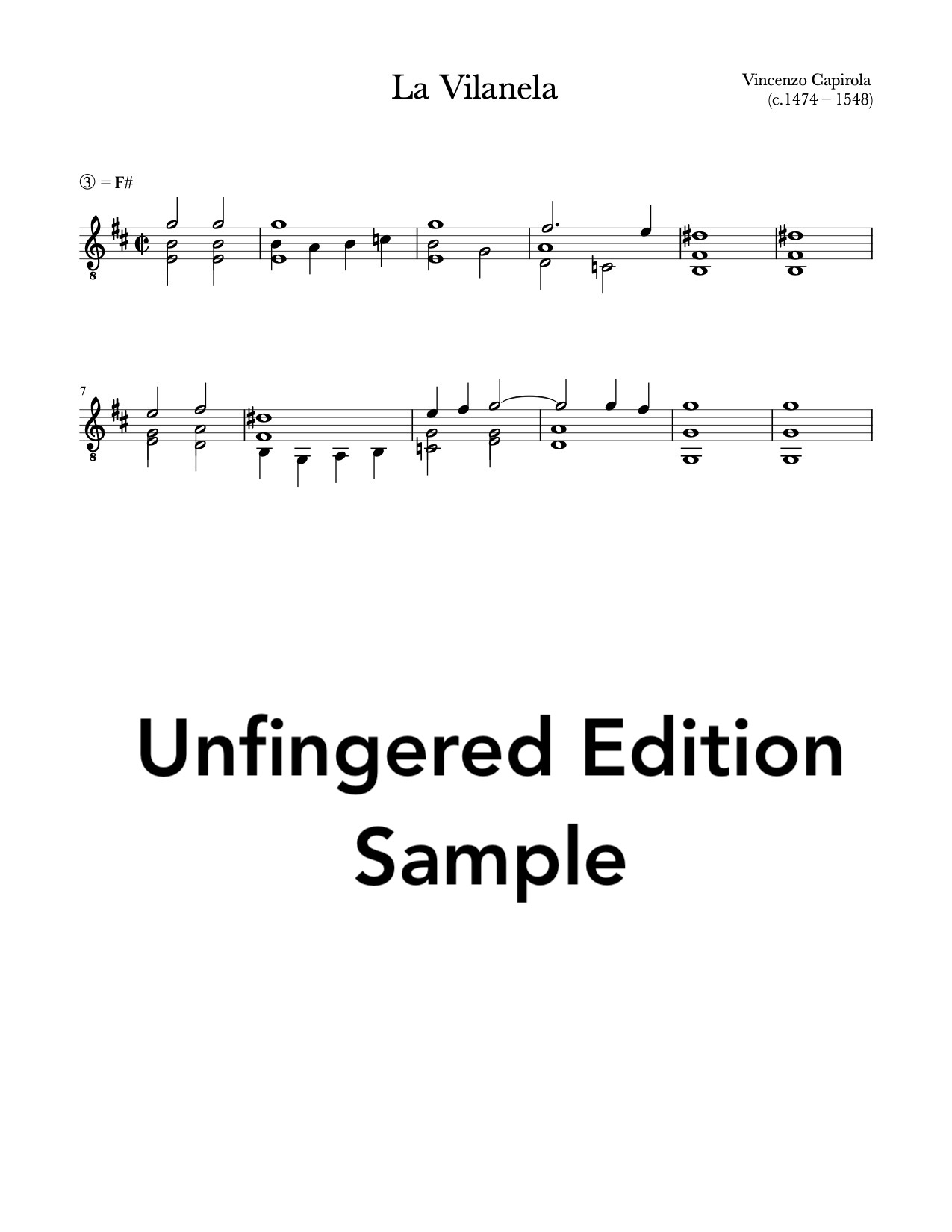
Original Lute Tablature
The originals are in Italian lute tablature (top line represents the low sounding 6th string). Manuscript, n.d.(ca.1517). Scanned by Newberry Library and available on IMSLP (CC BY-SA 4.0).
La Vilanela
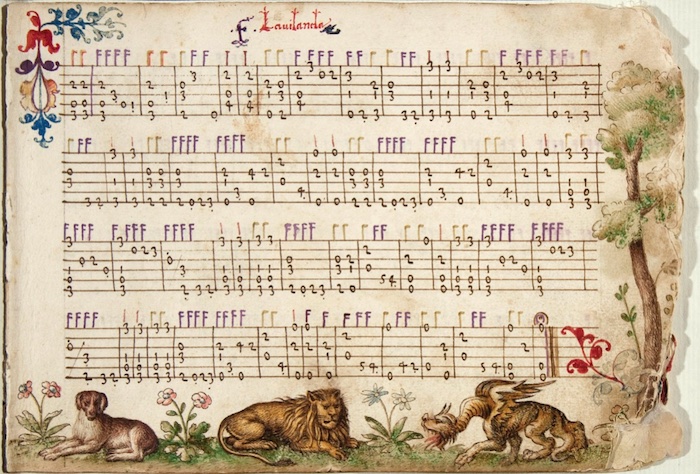
Balletto

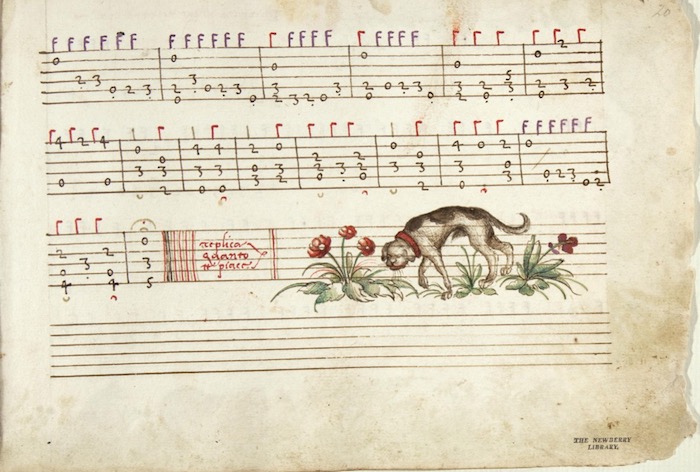
Canto Bello
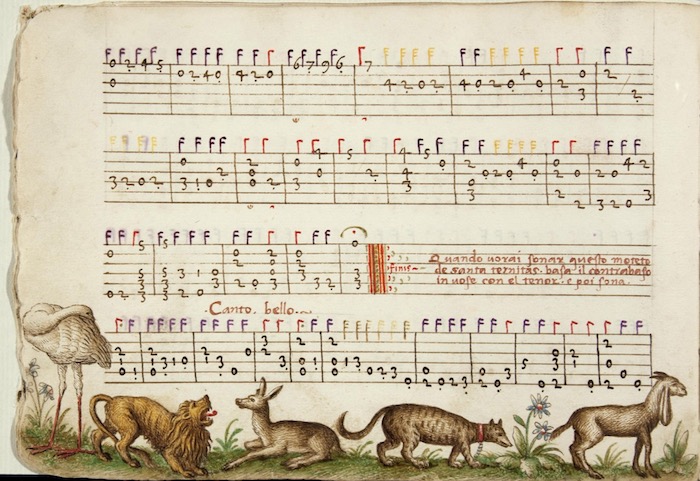
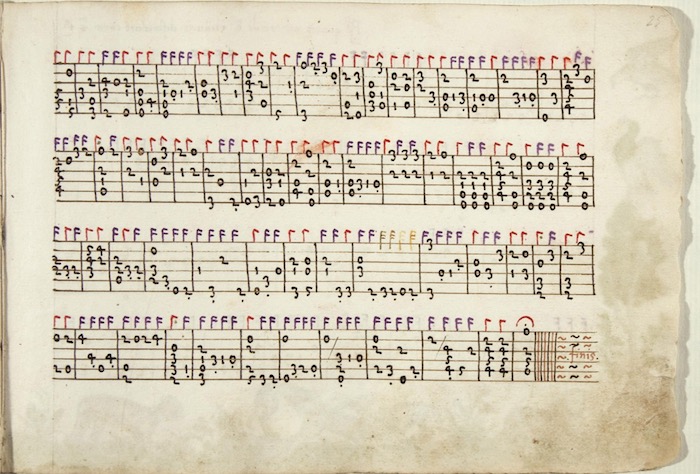
Gentil Prince
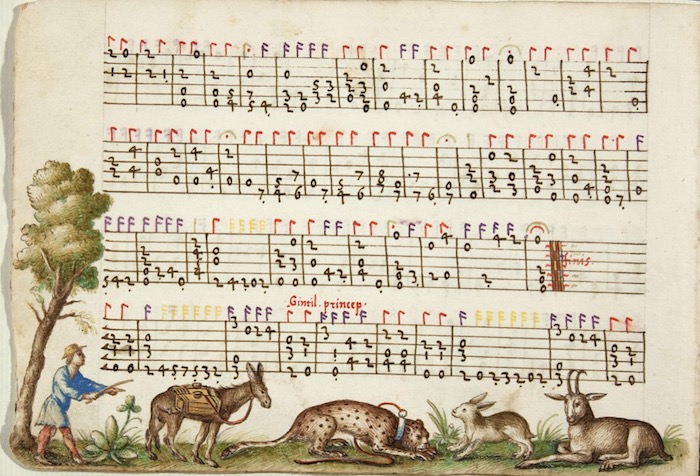
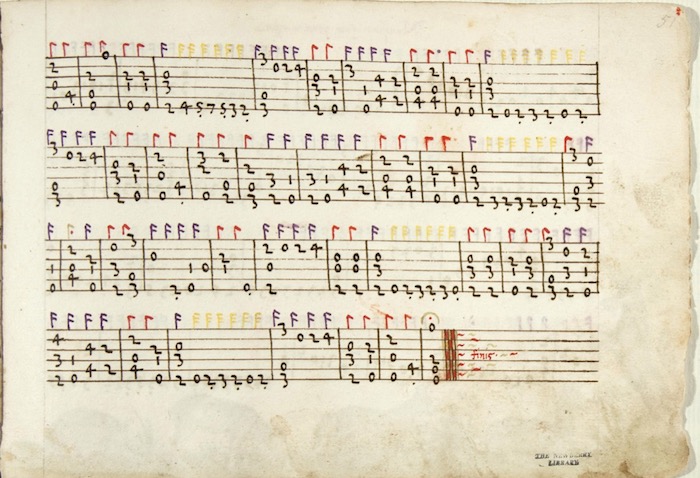

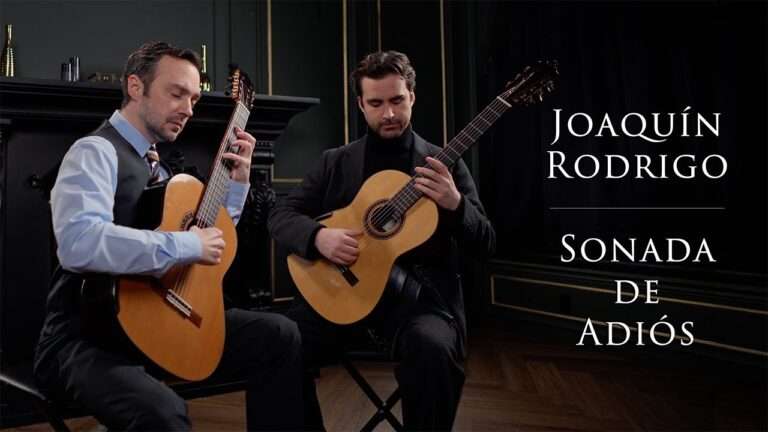
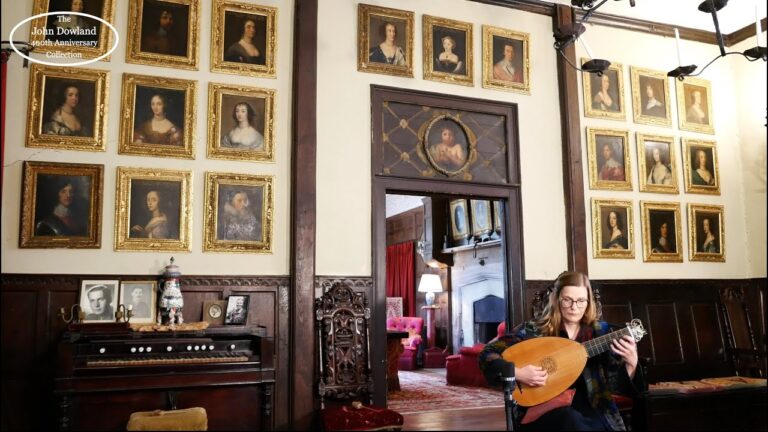
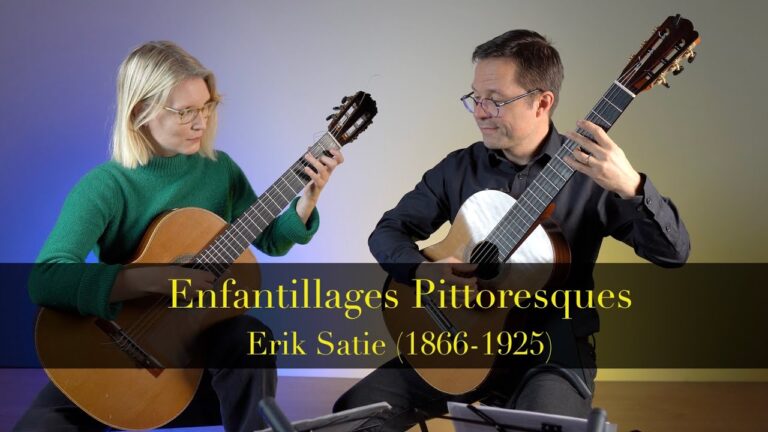

I look forward to the day when I am able to play these pieces.
Very nicely done. I especially liked the first piece La Vilanela from the Capirola Lutebook for Classical Guitar.
Hi Brad,
Enjoying this volume 1 of Lute works.
Would like to see lessons on the works. I guess you already have a lot on your plate though. Just asking
Ya, I can’t really keep up these days. I might have to make lessons for etudes and easy to early-intermediate works and just perform the harder ones. Or just just pick and choose which ones get lessons.
Hello Bradford, great job, it’s very cool looking at those original scores. They really used tabs in the 1500’s? Question if you don’t mind. How long did it take you to learn that piece? I’m working on BWV 1007, and it’s coming along, but I’m attempting to determine how it compares to someone at your level. Also, is it a good assumption that as you get better that you can learn pieces easier, faster and remember them longer? Thanks, and I really enjoy your teachings. Anthony Chaiken
Thanks so much. Really depends on some variables such as your level and whether the style is familiar already. I’ve obviously worked with the scores while arranging them but actual practice on the guitar was very little, only a week or two. But I know the style fairly well having played lots of Italian lute music and I’m running a weekly publishing schedule so I would certainly take longer if performing live. It doesn’t matter how long it takes, enjoy the time!
In regards to faster learning as you advance it depends. Many students play more advanced material as they get better and better so it can actually take longer since the pieces are more difficult, bigger in scope, and longer in time. But yes, if the level of the pieces stayed teh same and you got better, you would learn things faster and faster.